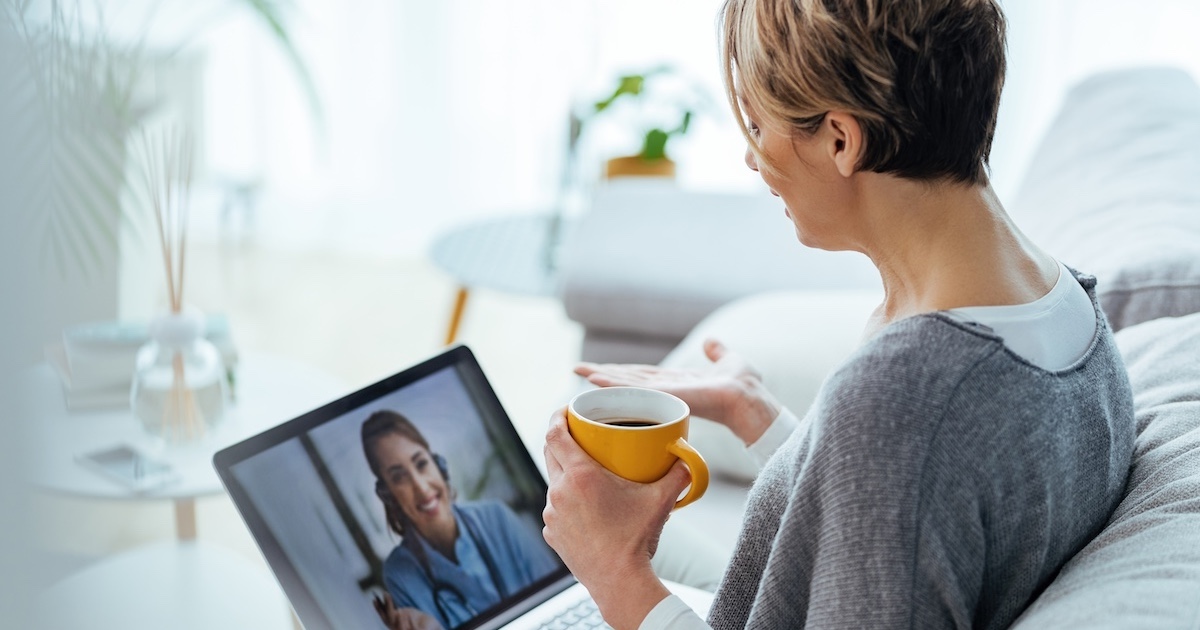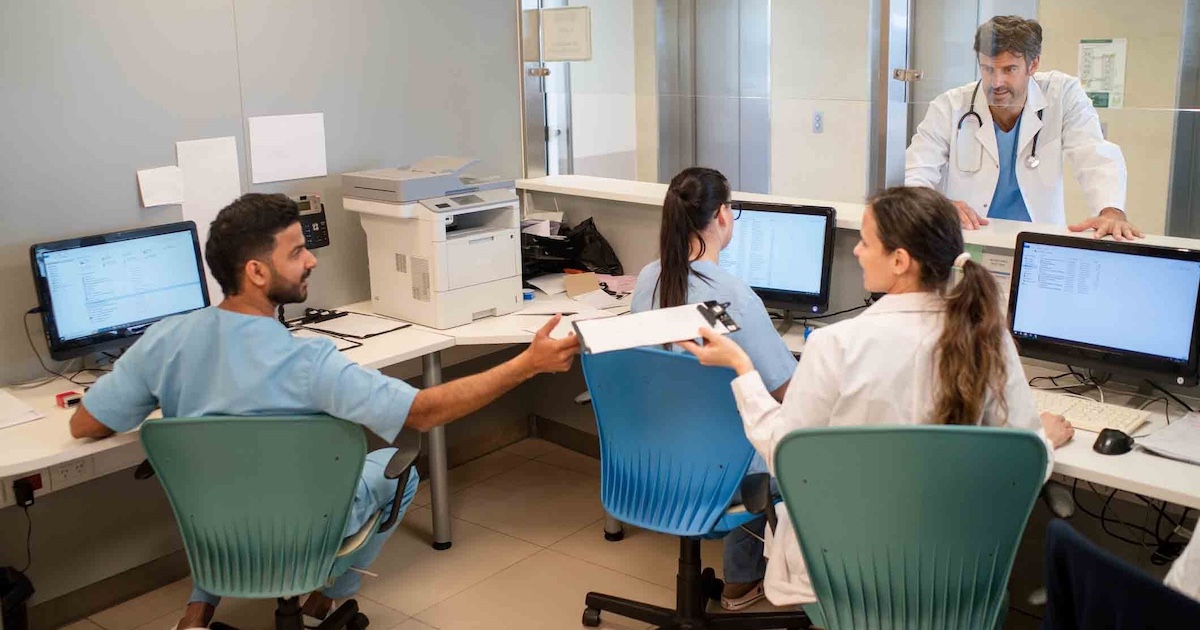Researchers at UCLA are studying whether mHealth tools can be used to help gambling addicts – the first of what they hope will be several projects to test the efficacy of the technology on people with behavioral health disorders.
Ardeshir Rahman, a co-investigator in UCLA's Behavioral Technologies Lab, calls the process "therapy 2.0." He sees several advantages to using a smartphone app over the once-weekly visit to a doctor's office or group session.
"Memories are sometimes clouded and inaccurate, and we can go around in circles," he told mHealth News. "If we can capture data in the moment … it's better than going back and trying to recall what happened over the past week."
Billed as the first-ever clinical behavioral mHealth clinical trial at UCLA, the project involves having providers prescribe a smartphone app developed at UCLA to their patients. The app offers information on sponsors, treatments and techniques to deal with urges.
Targeted first at those with gambling, smoking and alcohol addictions, the app also collects and analyzes user data to help providers better understand the patterns around addiction.
[See also: Can telehealth displace the therapist's couch?]
"We now have patients who can give us data on the fly – at the moment" when they're feeling stressed or having thoughts that might lead to a relapse, Rahman said of the initial study, which involves 8-10 patients and will be completed in June. That contact not only helps the user in real-time, but pushes data to the provider for analysis and use in the next weekly or group session.
Providers "can come into a therapy session and be a lot more efficient," he said. "We already know what's happening out there."
"We're approaching this from the provider's point of view, (looking at) how a data-driven approach can help them understand" behavioral health issues, he added. "On the therapeutic side, you need to think about the patient and the provider at the same time."
It's also providing some surprising results. After a few weeks, Rahman said, researchers were surprised at how behaviors can be influenced so quickly by the use of interventions – and how those changes can be tracked in real time.
"Nevermind between week one and week ten – we're seeing changes on a week-to-week basis," he said.
Rahman said researchers chose gambling as the first test case because they figured that group would be the most receptive to an mHealth-based therapy. As the studies progress, he said, they'll be looking at customizing the apps for different conditions, and possibly even customizing the apps for specific users.
Providers could also use the platform to study a patient's sleep, diet and mood patterns and even send messages.
"This isn't a passive platform," he said.
See also:
OneRecovery gives recovering addicts a round-the-clock mobile resource
Wearable tech targets addictions


